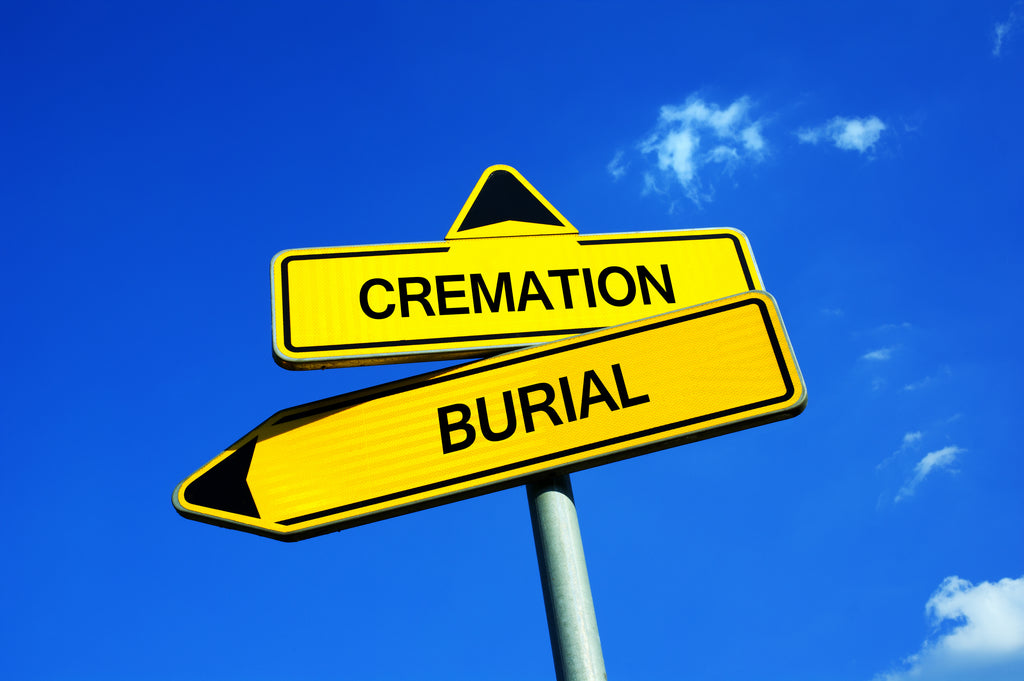For almost a year I searched for the perfect forever home for the ashes of my late wife Laura, there were many times I almost conceded to just what I could find, however when I was homeless ready to give up I stumbled upon John's site and I was flabbergasted because before my very eyes was exactly what I was looking for. The criteria I had going in, was I wanted something fitting for her that would also celebrate her Mexican heritage, and I found just that with John's beautiful Lady of Guadalupe urn. I contacted him as I am in Canada and wasn't sure if he would be willing to accommodate me, what I can say is he was more than accommodating and friendly and a perfect gentleman. I cannot thank him enough for providing this beautiful heirloom that me and my two little boys will cherish forever. Thank you from the bottom of my heart John, you are truly a saint. Many blessings and much love to you.

